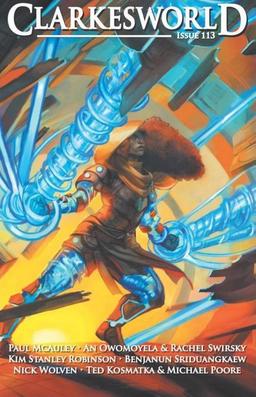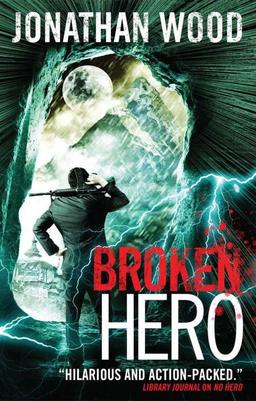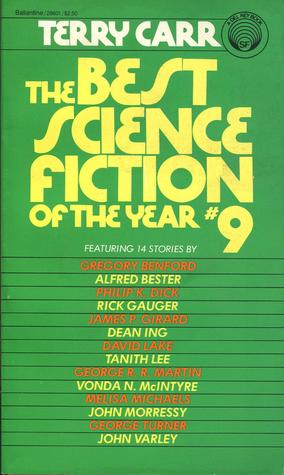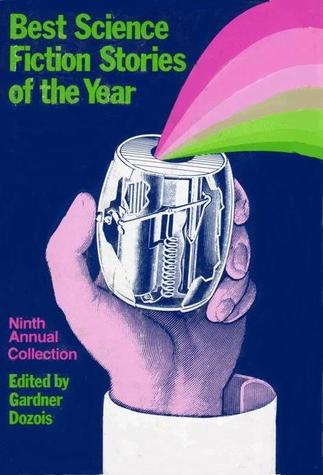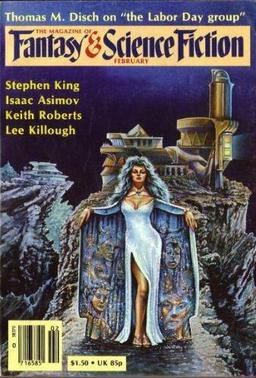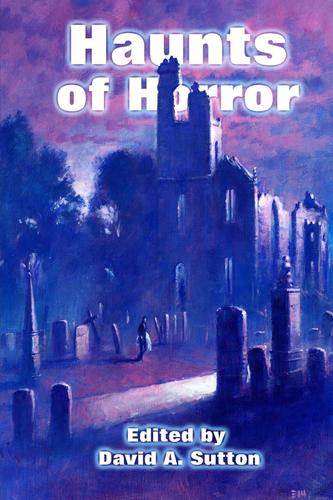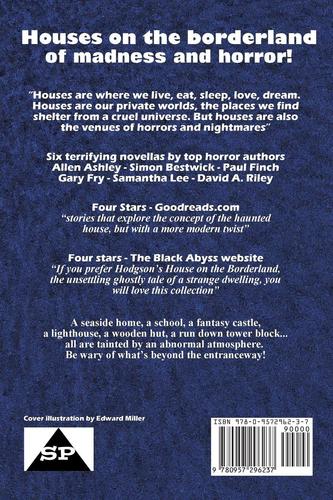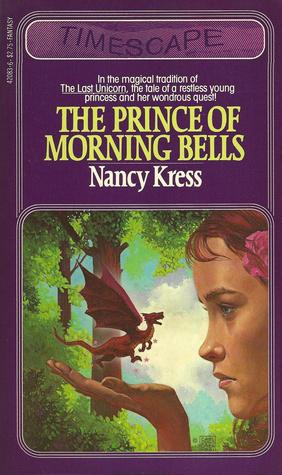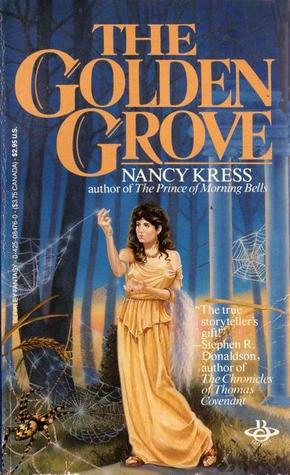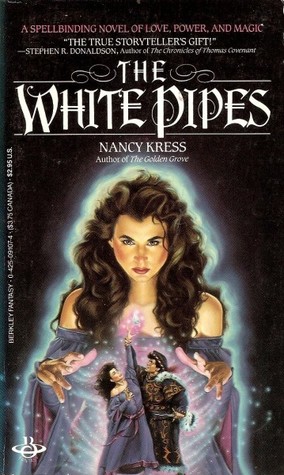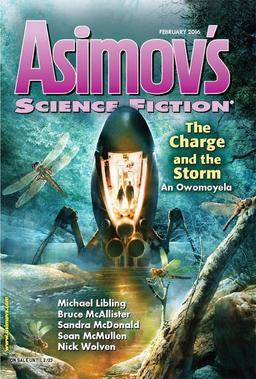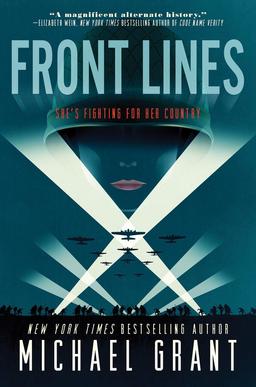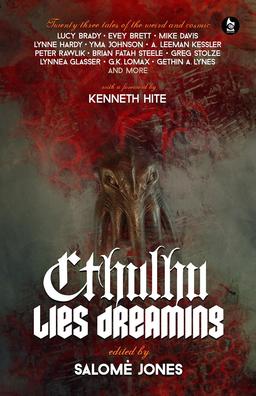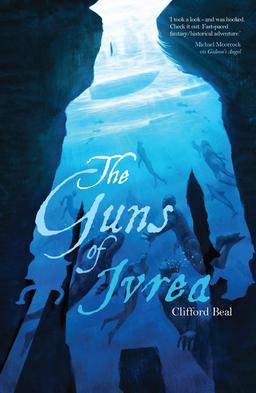Future Treasures: The Orion Plan by Mark Alpert
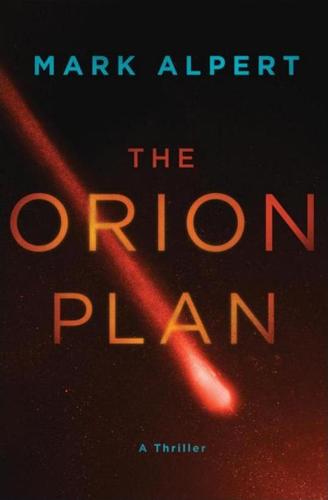 |
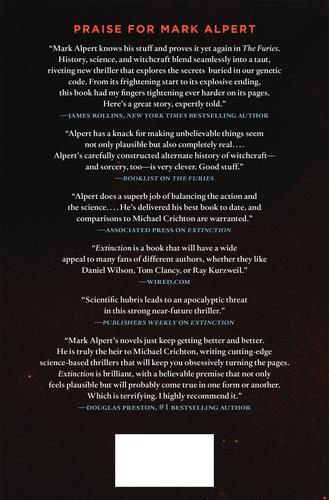 |
Sometimes, you just want a good tale of alien invasion.
Mark Alpert’s The Orion Plan, a novel of first contact with a sinister alien intelligence, might just be what I’m looking for. Alpert is the author of Extinction and The Furies, which Booklist called a “carefully constructed alternate history of witchcraft — and sorcery too… very clever.” The Orion Plan goes on sale next week from Thomas Dunne.
Scientists thought that Earth was safe from invasion. The distance between stars is so great that it seemed impossible for even the most advanced civilizations to send a large spaceship from one star system to another.
But now an alien species ― from a planet hundreds of light-years from Earth ― has found a way.
A small spherical probe lands in an empty corner of New York City. It soon drills into the ground underneath, drawing electricity from the power lines to jump-start its automated expansion and prepare for alien colonization. When the government proves slow to react, NASA scientist Dr. Sarah Pooley realizes she must lead the effort to stop the probe before it becomes too powerful. Meanwhile, the first people who encounter the alien device are discovering just how insidious this interstellar intruder can be.
The Orion Plan will be published by Thomas Dunne Books on February 16, 2016. It is 322 pages, priced at $25.99 in hardcover and $12.99 for the digital edition. The cover was designed by Ervin Serrano.
